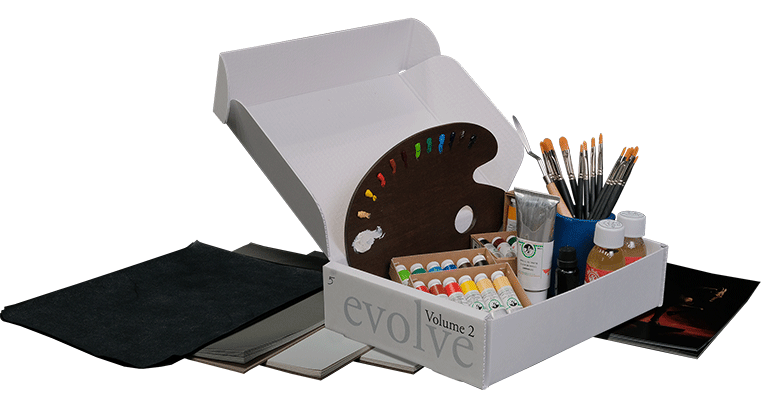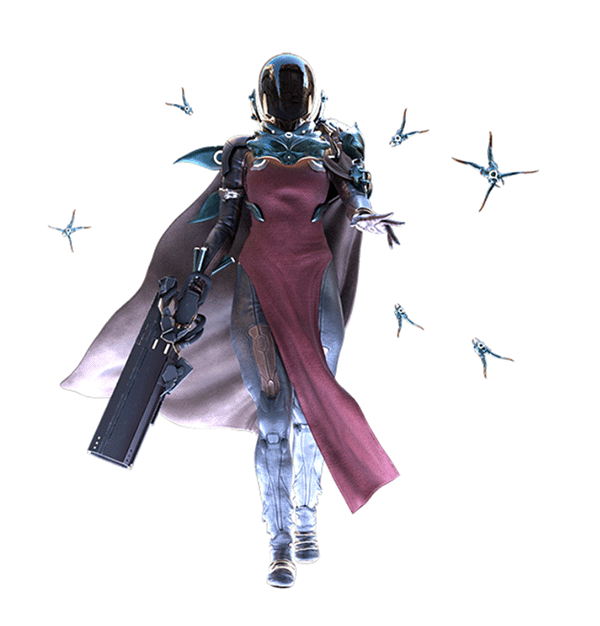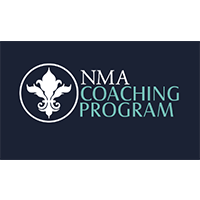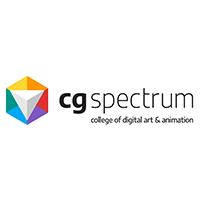Going to a higher education art college may sound like fun where you can sling paint around all day, but the reality is not quite as rosy. To avoid the high cost and limited schedule of higher education, here we share with you the best arts education alternatives.
Contents
Top Alternative Art Schools Compared
Program
Strength
Program Details
Best Overall
- A variety of options to fit your budget and goals
- Industry-leading instructors and regular coaching sessions that feel like you are in a live class
- Extensive resources, including virtual exhibition opportunities so you can showcase your work!
Best for Oil Painting
- Benefits for any experience level so newbies aren’t overwhelmed and advanced artists aren’t just “reviewing”
- Simplified into 3 areas of focus: Value, Edge, and Color so learning is easy and practical
- All materials shipped to your door so no guessing about supplies
Best for Concept and Digital Art
- Industry Professional Mentors- you learn from people with professional experience
- A flexible schedule allows you to fit the program into your busy life
- Job-ready skills- you can build a portfolio to apply for jobs or contracts right away!
New Masters Academy Art Education Coaching Program

The New Master’s Academy Coaching Program is a wonderful way to get the college art education experience without the expense or strict schedule.
There are several different options for coaching and consultations that range from individual sessions to group coaching. Individual, one-on-one sessions include portfolio critiques, social media advice, artistic practice inspiration, and more. These can be purchased as you need them without a subscription or commitment.
The Group Coaching Plan and Master Mentorship Plan are both monthly subscriptions that offer access to resources such as portfolio reviews, group coaching in real-time and recordings, virtual exhibition opportunities, and more.

There is even an Artistic Youth Individual Coaching Program with monthly subscriptions for the younger artists in your life.
Expert artists with professional industry experience will coach you through your artistic journey better than most adjunct faculty you will find at a four-year university. The NMA programs are like going to art school without having to leave your home!
Evolve Artist

If you want to learn or build your skills in oil painting but don’t want the expenses, then this course may be what you have been looking for.
Evolve teaches you everything you ever wanted to know about oil painting. Whether it be how to hold a brush, mixing paint, or techniques like glazing, this program teaches you from the ground up.
This program’s schedule is flexible. You can work through the eight “blocks” of study at your own pace. Each block prepares you for the next, so if you have a busy week, you don’t have to worry about keeping up.

The eight blocks are designed to help you master the three areas of focus: Value, Edge, and Color. By understanding and practicing the specifics of each of these three areas, you will be able to integrate them to make beautiful oil paintings and start a career in painting.
Written daily feedback, one-on-one video conferences, and weekly group video conferences will give you the support necessary to master this program.
CG Spectrum

The digital and concept art fields are evolving rapidly, and it’s critical to keep up with changing software and stylistic trends. This is where CG Spectrum shines.
CG Spectrum has educated thousands of students on game design, animation, 3D modeling, visual effects, and more. The award-winning program will prepare you to build a portfolio by coaching you through practical skills used in professional roles in the digital art industry.

The program gives you one-on-one feedback from industry professionals with loads of experience. You get critiques and advice on your work as you engage with industry-standard software platforms like Maya, Photoshop, and Shotgun.
CG Spectrum also gives you support in career guidance, networking, and technical support. You will be in good company as alumni from CG Spectrum have gone on to land great jobs at companies like Pixar, Sony Pictures Animation, and others.
What Does Art School Teach You?
A school of art teaches you technical and creative skills, the business side of art, networking, and how to develop an artist’s attitude. These things are hard to learn on your own and require guidance from people with experience in careers in art.
Pros and Cons of Formal School
There are pros and cons of attending a school of art.
Pros:
You can become an artist without going to a school of art. If you are a self-starter, disciplined, and have a passion for art, you have a good chance of becoming a professional artist. By art school, we mean any commercial program that offers a structured curriculum and feedback, whether online or in person. Self-taught means you read and research techniques in books and online and practice under your own direction. Art School Self-thought Accountability A school of art keeps you on track with deadlines and teacher accountability You will be responsible for your artistic practices and keeping yourself motivated to learn and work Networking You will make connections and have critical conversations with other students, teachers, and participating artists. You will be isolated and have to make your own connections by going to art events and galleries. Inspiration Professors will suggest artists to study, things to try in your practice, and expose you to new art styles You will have to find ways to keep your work fresh and stay motivated to push through when you hit a rut Resources Schools have equipment and resources like models, projectors, visiting artists, etc., that are costly and take up space You will have to have studio space and arrange your own specialty needs like a kiln or specialty computer software Finding an art mentor can be a good idea whether you go to school or not. An art mentor is like a sounding board for ideas for artworks, methods of artmaking, finding opportunities for selling your work, or other topics of critical engagement a professional artist will have experience with. Most often, they are paid, but sometimes, you can develop a relationship with a late-career artist who just wants to help younger artists. Art mentorships are worth it if you find the right person and have specific goals. You can learn things from an experienced artist that you won’t find in internet searches, and they will help you discover any blind spots you have around your art. Learning from someone else’s mistakes and experiences can save you time, money, and frustration. NMA’s Coaching Program offers mentorships you can purchase as needed or as ongoing subscriptions. After the fundamentals, you can learn specific skills from mentors found on Patreon, or directly contact artists through their websites or social media accounts. The best ways to get better at art without going to school are to attend an alternative art school and practice. The best way to become an artist without going to an art school is to make a lot of art, network with other artists at galleries and art shows, and do research on opportunities for competitions, exhibitions, or a residency programme. Most art schools are more concerned with your portfolio than your GPA, but anything below a 2.5 GPA will likely keep you from being accepted. Most jobs in the art industry only look at your portfolio work. Formal art education (i.e., getting a piece of paper) isn’t necessary. The art school alternatives mentioned above are excellent options. If we had to pick one of the online courses from the alternative art schools above, it would be New Master’s Academy.
Cons:
Can You Be an Artist Without Going to School?
School vs Self Taught
Art Mentorships
What Does an Art Mentor Do?
Are Art Mentorships Worth It?

How do I find an art mentor?
Frequently Asked Questions
How Can I Get Better at Art Without Going to Art School?
How Can I Become an Artist Without Art School?

What GPA Do Most Art Schools Require?
Is Art School Really Worth It?





